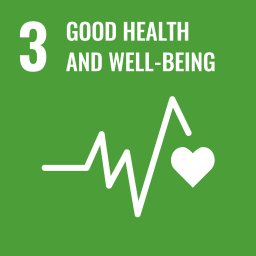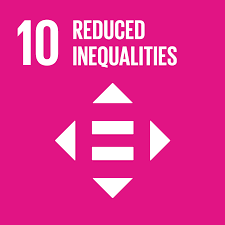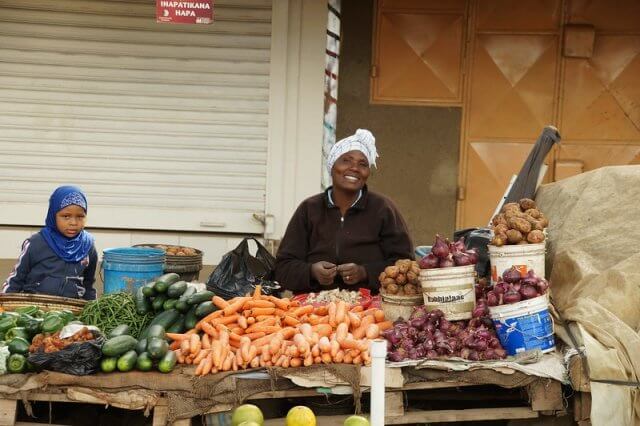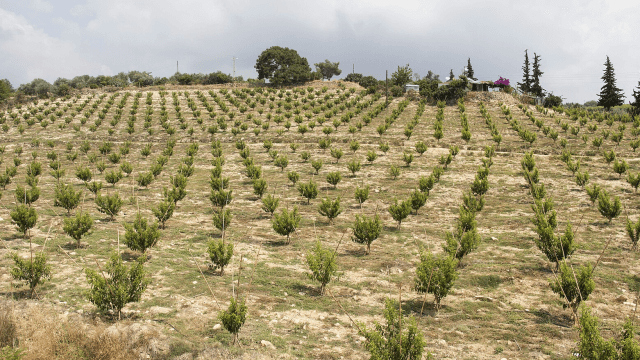The action and its aims
London’s Child Obesity Taskforce was formed in 2018 with the aim of transforming the food environment in London so that every child – regardless of social background – has the chance to grow up eating a healthy diet and able to take physical exercise. At the time of writing, the taskforce is developing its plan to address factors creating an obesogenic environment, which is billed as ‘brave and radical’, will take a whole systems approach, and will be delivered in partnership with a range of other organisations.
Why it was needed
With 40% of London’s children affected by overweight or obesity, the idea behind the taskforce was to gather the city’s leading experts on obesity – people who themselves have a proven track record in galvanising others to take action.
Who initiated it, who is involved
The Child Obesity Taskforce was formed as part of the Mayor’s commitment to address obesity in the UK capital, expressed in the London’s Health Inequalities Strategy. The taskforce receives strategic support and funding from the charity arm of Guy’s and St Thomas’ Hospital, and is a collaboration with Public Health England, the Association of Directors of Public Health London and the Association of Directors of Children’s Services London. The Chair is a food industry figure, and the deputy chair an academic; taskforce members number up to 12.
Outcome/how it strengthened coordination
It is still early days for the taskforce, which held its first meeting in October 2018. Already, however, other organisations have announced initiatives to contribute to the goal of halving the numbers of children who are overweight when they start primary school and those who are obese at the end of primary school. These include an announcement from the Consumer Goods Forum that leading retailers and food manufacturers will work together to ‘nudge’ shoppers towards healthier options; and Fizz-Free February in the London Borough of Southwark, to encourage families and children to reduce sugar intake by curbing fizzy drinks.







